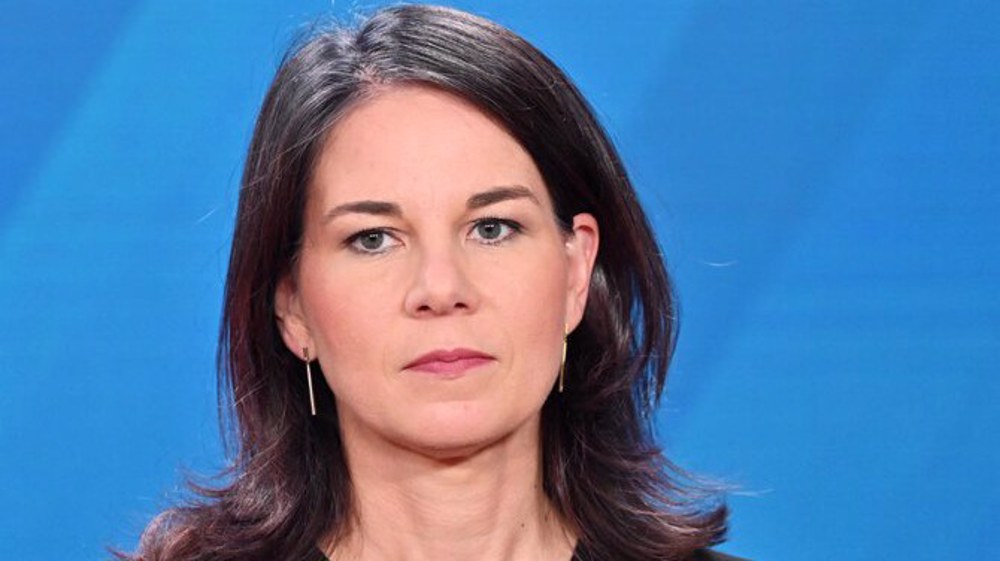Turkey has long way to go to obtain EU visa waiver: Germany
Germany says Turkey’s recent actions have not been working in any way in favor of Ankara’s intention to facilitate relations with the European Union (EU).
“Turkey faces a very long and difficult path” to obtaining visa waivers to Europe, said Michael Roth, the German minister for European Affairs, on Tuesday.
“The criteria must be fulfilled, and it doesn’t look good at the moment,” Roth said.
Turkey is required to meet a total of 72 conditions for the visa restriction to be annulled. In mid-July, EU officials said Ankara had met 67 of those conditions.
Two particular issues, however, have been impeding further progress, namely Turkish anti-terrorism laws, which the EU says have to be narrowed down, and attempts by the government in Ankara to reintroduce the death penalty in the wake of a botched coup in Turkey. The EU is outspokenly opposed to practicing the death penalty.
Meanwhile, Turkey’s relations with the EU, notably with Germany and Austria, have been souring in the aftermath of the coup.
German Finance Minister Wolfgang Schaeuble also said on Tuesday, “I absolutely don’t like what [Turkish President Recep Tayyip] Erdogan is doing but I don’t agree that... we should end cooperation with him.”
Raising the prospect of a new low in the ties has also been Ankara’s repeated threats to throw out a bilateral deal aimed at stemming the flow of refugees to the EU if the bloc fails to grant visa waivers to Turkish nationals. Foreign Minister Mevlut Cavusoglu reiterated the warning on Monday.
The two sides signed the agreement back in March. Under the deal, Turkey has committed to taking back irregular asylum seekers using its territory to illegally reach Greece.
Separately, a confidential report has surfaced by the German government positively linking Ankara to support for militancy in Syria, which has been displacing millions in the Arab country, thus occasioning the refugee influx into Europe.
Schaeuble, the German finance minister, however, said it was important to keep open channels of communication with Turkey due to its contribution to block the refugee crossover and also due to the presence of over three million people of Turkish descent in Germany. “It is in our own interest to keep working together,” he said.
#BribedByAIPAC: US lawmakers on Zionist lobby payroll irked by ICC arrest warrants
From cradle to chaos: My infant son’s journey through war and displacement
Lebanon condemns Israeli attack on UN peacekeepers
‘Everyone here is at risk’: Injured Kamal Adwan Hospital director’s poignant message
VIDEO | 'We will rebuild a thousand times’
Ex-Israeli war minister Gallant to head to US despite ICC arrest warrant
Iran’s foreign minister in Portugal to attend 10th UNAOC Global Forum
VIDEO | Israel puts Beirut under back-to-back assaults as Hezbollah says Netanyahu won’t succeed















 This makes it easy to access the Press TV website
This makes it easy to access the Press TV website